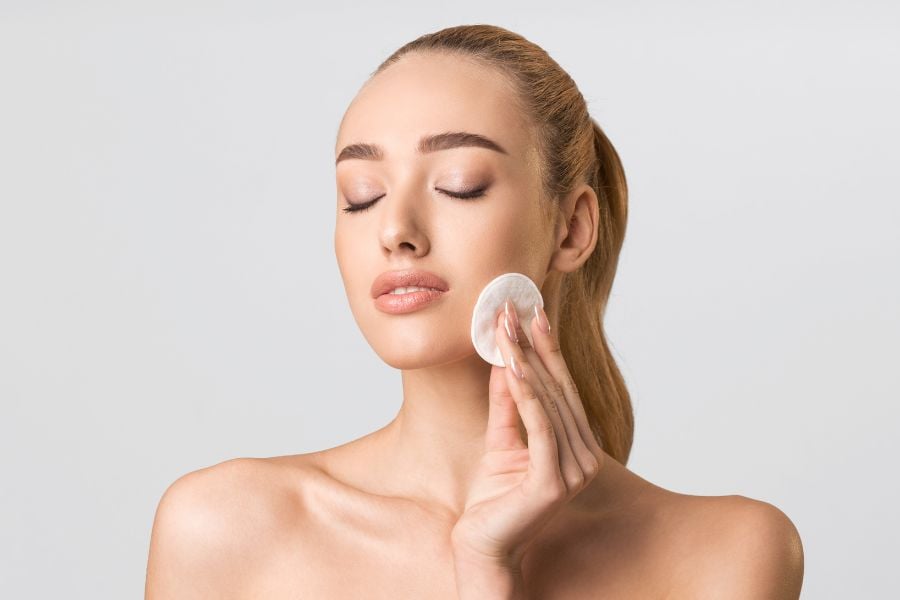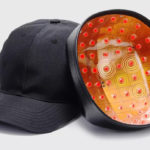Post-Mole Removal Aftercare: Why Is It Important?
Mole removal is a common cosmetic procedure that can be performed using various methods, ranging from traditional techniques such as electrocautery and excision to modern laser technology. Regardless of the chosen method, the aesthetic outcome depends not only on the skill of the doctor but also largely on the aftercare provided. Proper aftercare ensures that the treated area heals quickly, resulting in smooth skin free from scars or pigmentation issues.
Moles are essentially localized accumulations of melanin pigment in the skin. They can be caused by genetic factors, sun exposure, or hormonal changes. Laser technology has become a popular choice for mole removal due to its ability to precisely target and remove pigment while minimizing damage to the surrounding tissue. It is also less painful, has a faster recovery time, and is cost-effective.

However, after mole removal, the skin requires time to regenerate. In the initial days, the wound may ooze slightly and then dry up, forming a thin scab. This scab acts as a natural protective barrier for the new skin underneath, and it will fall off naturally within 5–10 days.
Utilize Regenerative and Moisture-Retaining Bandages
One crucial tip to prevent scarring after mole removal is to use specialized regenerative or moisture-retaining bandages. These bandages help absorb any exudate, maintain the necessary moisture for cell regeneration, and create a protective barrier against bacterial invasion.
As advised by dermatologists, it is best to apply the bandage as soon as possible after the wound is fresh and before scab formation. Keep the bandage in place for 3–5 days until the treated area turns white and puffy. This technique aids in stable skin recovery and reduces the likelihood of pitted or pigmented scars.
Three Essential Rules to Prevent Scarring
1. Minimize Sun Exposure
It is common for the skin to appear slightly red after mole removal, and this is a normal reaction that will subside over time. However, direct sun exposure, especially to UV rays, can cause this redness to turn into pigmentation or darken the treated area. Therefore, always apply sunscreen and wear protective gear, such as hats and masks, when going outdoors.

2. Avoid Water and Cosmetics for the First Week
The skin is highly sensitive post-treatment, and excessive water exposure or the use of cosmetics can lead to irritation or even infection. Instead of using a foaming facial cleanser, gently cleanse the area with plain water. Refrain from applying makeup to the treated area until the skin has fully healed.
3. Moisturize and Refrain from Touching the Treated Area
For smaller moles that do not require bandaging, apply an emollient as directed by your dermatologist to maintain moisture and promote faster healing. Resist the urge to scratch, pick, or touch the healing skin, as this can lead to prolonged scarring or pigmentation issues.
“The Sweet Tooth Blues: How Socialite Dao Hy Nhi Reversed Dull Skin with a Dynamic Duo”
“Skin concerns like dullness, dark spots, and uneven tone may not impact one’s health, but they can certainly dent a woman’s confidence. Take a leaf out of real-life wealthy socialite, Dao Hy Nhi’s book, and discover her brightening skincare secrets with two easily accessible essence types found in today’s cosmetic market.”


































